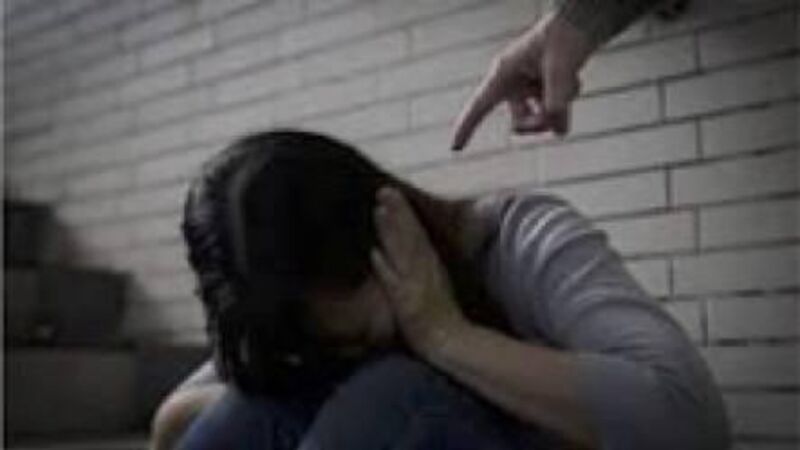Independently monitoring State's response to sexual violence is a must

The problem that is to be addressed involves some of the most vulnerable and victimised people in our society. This is not a niche issue.
Recently we were reminded, yet again, that institutions require independent monitoring if vulnerable people and their interests are to be protected.
The review by Dr Geoffrey Shannon into St John Ambulance, published in March, found there had been a "significant degree of organisational awareness" of threats to child safety and a failure to act on this knowledge.
















